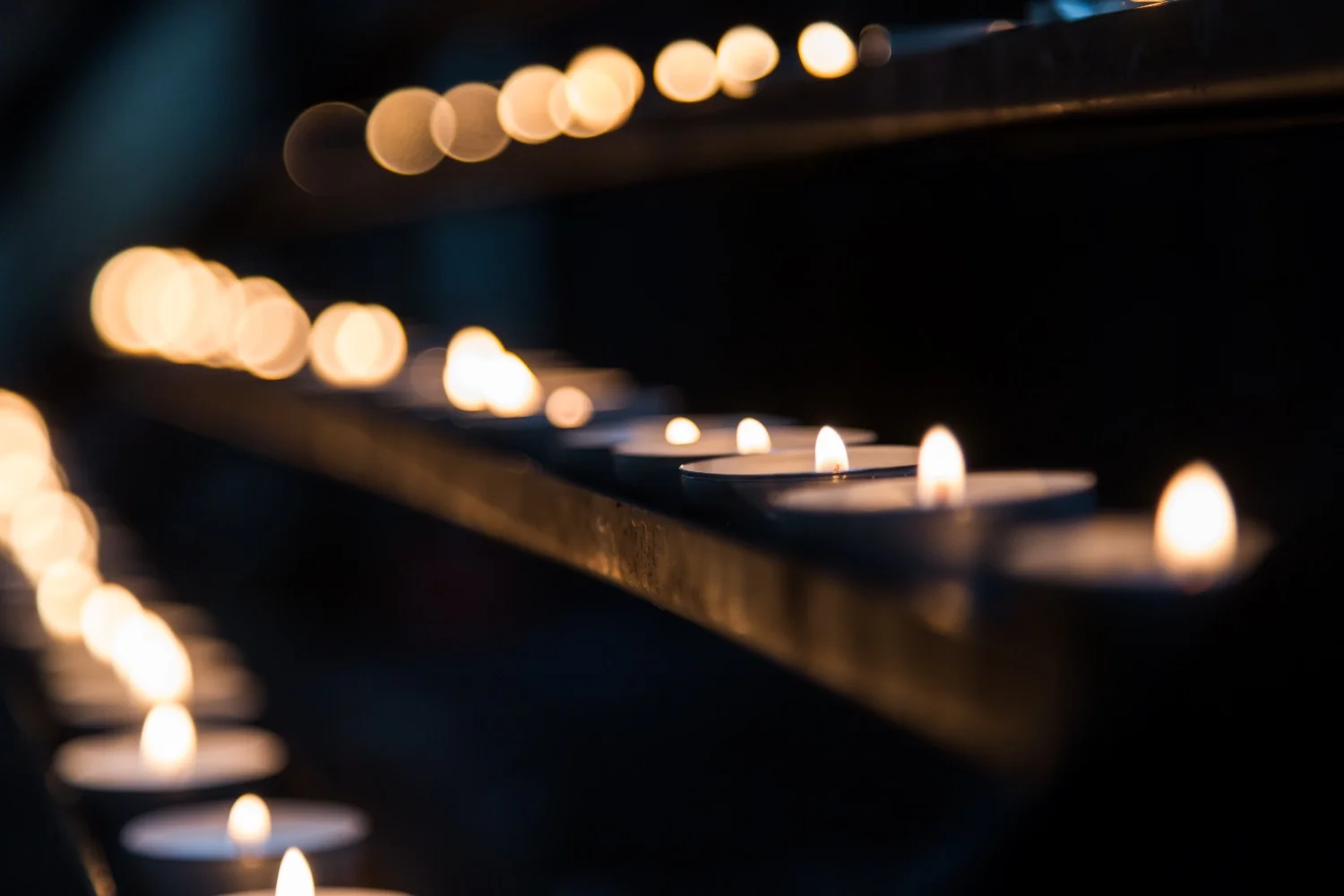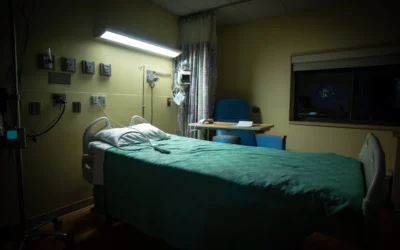Nursing homes are meant to be sanctuaries of care for our elderly loved ones, places where they can receive the attention and support they need in their twilight years. However, the alarming reality is that cases of nursing home negligence leading to wrongful death have become distressingly common. In this blog post, we delve into the critical issue of wrongful death in nursing homes, shedding light on the duty of care owed to residents and the legal avenues available to protect vulnerable populations.
Duty of Care in nursing homes
When families entrust the care of their elderly relatives to nursing homes, there is an implicit agreement that a standard of care will be maintained. Unfortunately, cases of negligence can turn this promise into a tragic breach of trust. Instances of neglect, abuse, and medical malpractice in nursing homes can lead to devastating consequences, including wrongful death.
Recognizing Nursing home Negligence
- Physical Signs of Neglect: Physical signs, such as unexplained injuries, bedsores, and weight loss, may indicate neglect in nursing homes. These signs should prompt immediate investigation into the quality of care provided.
- Emotional and Behavioral Changes: Neglect can manifest in emotional and behavioral changes, such as withdrawal, depression, or sudden aggression. Families should be vigilant in observing and addressing these changes promptly.
- Medication Errors and Medical Negligence: Neglect can manifest in emotional and behavioral changes, such as withdrawal, depression, or sudden aggression. Families should be vigilant in observing and addressing these changes promptly.
Legal Recourse for Wrongful Death
- Establishing Negligence: To pursue a wrongful death claim, it’s crucial to establish negligence. This involves demonstrating that the nursing home failed to meet the standard of care expected, directly resulting in the resident’s death.
- Documentation and Evidence: Gathering documentation, such as medical records, incident reports, and witness statements, is essential. These pieces of evidence play a pivotal role in establishing negligence and building a strong case.
- Expert Testimony: In cases of nursing home negligence, expert testimony from healthcare professionals can provide invaluable insights. Experts can help elucidate the standard of care that should have been provided and highlight any deviations that contributed to wrongful death.
Preventing wrongful death
- Frequent Visits: Regular visits to nursing homes and open communication with staff are essential. Families should stay vigilant, ask questions, and address concerns promptly to ensure the well-being of their loved ones.
- Awareness and Advocacy: Raising awareness about nursing home negligence is crucial. Advocate for stronger regulations, regular inspections, and increased transparency in the nursing home industry to protect vulnerable populations.
- Legal Action: Pursuing legal action in cases of nursing home negligence not only seeks justice for the affected family but also serves as a deterrent for other facilities. Holding negligent parties accountable contributes to an environment of accountability and improved care standards.
In conclusion, the issue of wrongful death due to nursing home negligence is a societal concern that demands urgent attention. By recognizing the signs of neglect, understanding the legal recourse available, and actively advocating for the rights of our vulnerable loved ones, we can collectively contribute to a safer and more compassionate environment in nursing homes. The call to action is clear: protect the vulnerable, demand accountability, and work towards a future where nursing homes truly fulfill their promise of care and compassion for our elderly population. Gosdis Law wants to get the compensation you deserve. To schedule a consultation call (385) 429-9960 today.




